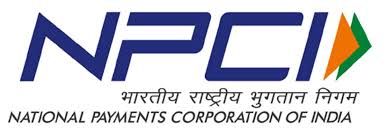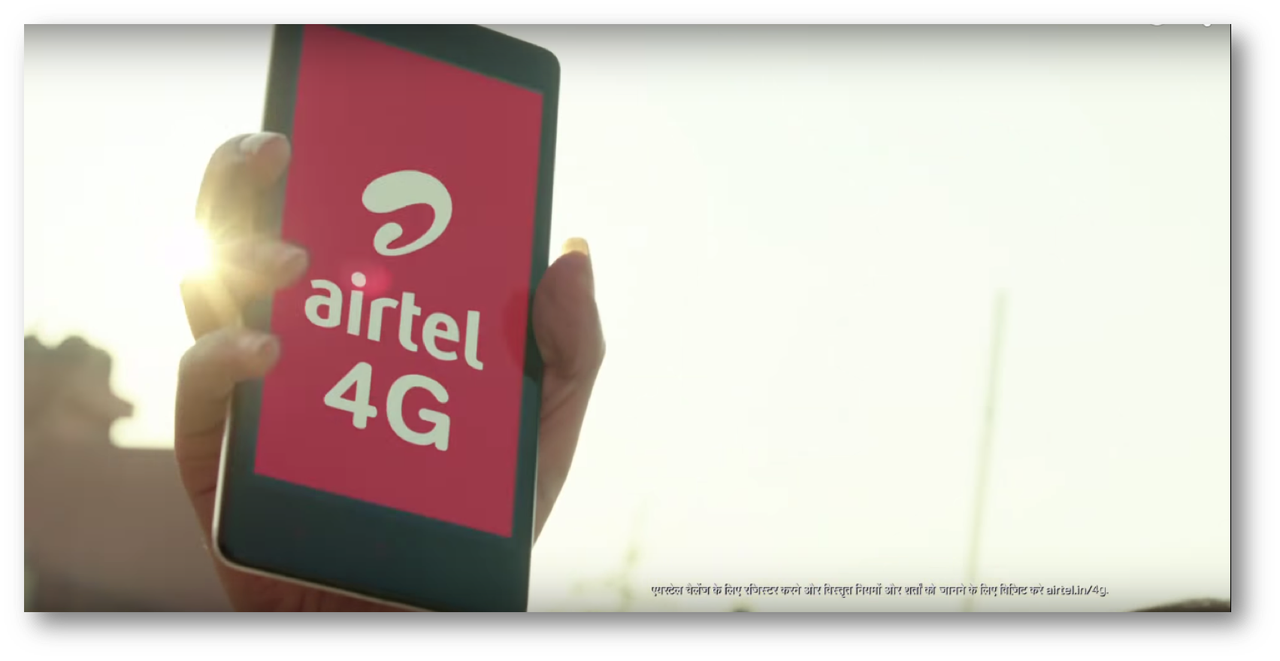Share everything, but not everything! A contradicting statement, but I’m sure most would have understood my intention behind such a statement. I bet you would also agree on the fact that our lives have become 100% digital.
In the digital era, we are in, cash is almost being replaced by plastic cards and digital wallets. Physical visits to get things done have also been supplemented by a door to door service, customer cares, online chats etc.

Our work nowadays is more online than offline. It’s a way of life for us which is not only easy but comforting. Simply because when you are online you can “multitask” which is the need of the hour.
Thanks to various digital means of communication, we are closer to everyone in and around the world than we were before. This has led us to share the sharing nature of us with our loved ones not only around us but digitally as well.

But has this sharing gone a bit to far in the digital world? Haven’t most of us become so naïve that we tend to share personal information that is just meant for us.
The banking sector is almost digital and we know how much ease it has brought to our lives. But many times, we all forget that it doesn’t even take few seconds for someone to rob us of our hard-earned money if we are not careful about our personal information online.
SBI, the leading national bank of India has started a security campaign to spread awareness known as #SBIComputerSecurityDay
All of us don’t need to be only aware of security measures to keep us secure, but also need to know what those security measures are.
Here are some security measures for you to keep in mind.
While using Debit Cards and Internet Banking
Do not share your ATM pin/ passwords/user id with anyone and keep changing your ATM pin and passwords at regular intervals.
Don’t keep your pin/passwords so simple that anyone can guess it. eg.1234, password, etc. It’s best that your password has a combination of capital letters, small letters, numbers and special characters to make it strong.
Register your mobile number in the Bank accounts for SMS Alerts, so that you are aware of minute details and happenings in your account.
Never share OTP/CVV and Password with anyone.
Do not keep more than the required limits for beneficiaries for money transfer. Periodically have a check on your list of beneficiaries.
Always let the representative swipe the card in front of you and cover the keypad while entering your pin.
While doing “online” transactions, be sure of the Security of the Internet Connection. Avoid using Public WIFI or other Free WIFI.
Do not get enticed by free offers and swipe/part with your Card data.
Refrain from sharing your “mother’s maiden name”, “your pet’s name” kind of vital information given by you as answers for “Security Questions” for resetting of passwords.
Use ON/OFF facility provided for managing Debit Card’s international usage.
Check your statements and transaction history regularly.
Logout properly and immediately on completion of your session/task.
Most importantly you need to remember that no bank employee is authorized to ask you for your card number, CVV and other sensitive information. So, refrain from sharing any sensitive information with them. If they do, be vigilant to understand that it’s a fraudster.
I hope the above security measures will aid you to have a secure and smooth digital banking experience.
Always remember; share everything, but not everything.


